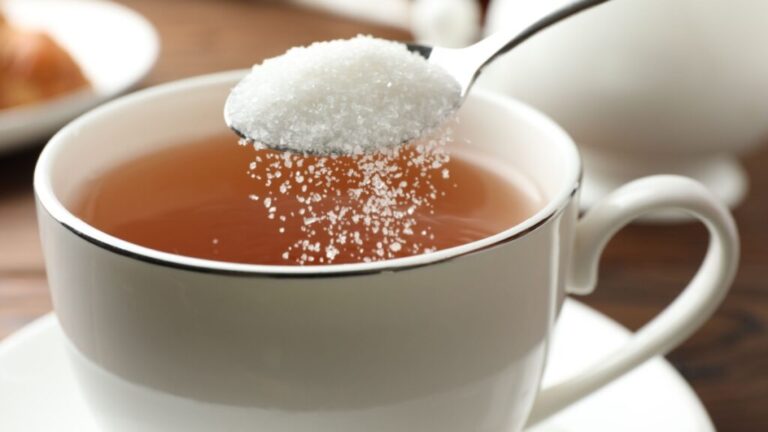Attention, all those with a passion for sugary delights and industry insights! Today, we’re diving into the sweet (and sometimes sour) world of South Africa’s sugar industry. It’s facing quite a storm these days, caught between rising global prices and some tough local challenges.
You might have heard about the drought in Brazil causing sugar prices to shoot up worldwide. But here’s the interesting part – despite this global shake-up, South African sugar prices are expected to stay pretty stable. Let’s unpack why that is and explore the other hurdles our local sugar industry is facing.
Impact of Brazil’s Drought on Global Sugar Prices
So, Brazil’s having a bit of a dry spell, and it’s causing quite a stir in the sugar world. As the biggest sugar exporter globally, when Brazil sneezes, the rest of the sugar market catches a cold. The drought has led to a significant drop in their sugar production, pushing international prices up.
But here’s where it gets interesting for us South Africans. Sifiso Mhlaba, an economist at the South African Sugar Association (SASA), says our local sugar prices probably won’t budge much. Why? Well, that leads us to our next point…
South Africa’s Sugar Production and Imports
It turns out, we’re pretty self-sufficient when it comes to sugar. Our local producers supply over 98% of what we need here at home and that’s impressive. It means we’re not really at the mercy of international price fluctuations.
Now, you might be wondering about that other 2%. Well, we do import a bit from Brazil, but it’s just a drop in the sugar bowl – only about 20,000 tonnes. So, the drought in Brazil isn’t going to hit us as hard as you might think.
The Health Promotions Levy (Sugar Tax) and Its Impact
Remember when the government introduced that sugar tax back in 2018? It was meant to help us all cut down on sugar and tackle issues like diabetes and obesity. Noble intentions, for sure.
But here’s the thing – it worked a little too well. Sugar consumption dropped by a whopping 30%! Great news for our health, but not so great for the sugar industry. It led to job losses and a significant drop in sales. It’s a classic case of good intentions having some unexpected consequences.
Decline in Production and Job Losses
Speaking of consequences, let’s talk numbers. Over the last 15 years, South Africa’s sugar production has taken quite a hit, declining by about 25%. That’s a quarter of our sugar production, gone!
And it gets worse. Since the sugar tax came into play, the industry has lost nearly 10,000 jobs. That’s 10,000 families affected. It really puts things into perspective.
The Sugarcane Master Plan: A Strategy for Revival
But don’t worry, it’s not all doom and gloom! In 2020, the industry came together with the government to sign the Sugarcane Value Chain Master Plan. It’s a bit of a mouthful, but essentially, it’s a roadmap to get the industry back on its feet.
The plan aims to stabilize the industry, protect jobs, and give a helping hand to small-scale growers. It’s all about finding a balance between health concerns, economic needs, and supporting our local farmers.
Phase Two of the Master Plan: Diversification and Innovation
Now, here’s where things get exciting. We’re moving into phase two of the Master Plan, and it’s all about thinking outside the sugar box. Instead of just focusing on sugar production, the industry is looking at creating a whole range of products from sugarcane.
Imagine filling up your car with fuel made from sugarcane, or using biodegradable plastics that started life as a sugar plant. There’s even talk about sustainable aviation fuel! It’s all about finding new ways to use sugarcane that could help the industry thrive in the long run.
Call for Sugar Tax Halt and Future Outlook
The sugar industry has asked for a six-year break from the sugar tax to help get back on its feet. It’s a big ask, but they feel it’s necessary to stabilize the sector.
Looking ahead, the industry has some ambitious goals. They want to become more competitive globally, transform to be more inclusive, and find sustainable ways of operating. With all these new products on the horizon, who knows what opportunities might open up?
“The future of South Africa’s sugar industry isn’t just about sugar anymore. It’s about innovation, sustainability, and adapting to change.”
It’s certainly challenging for our sugar industry, but it’s also exciting. Who knows? The next time you enjoy something sweet, you might just be supporting a whole new era of South African innovation!

